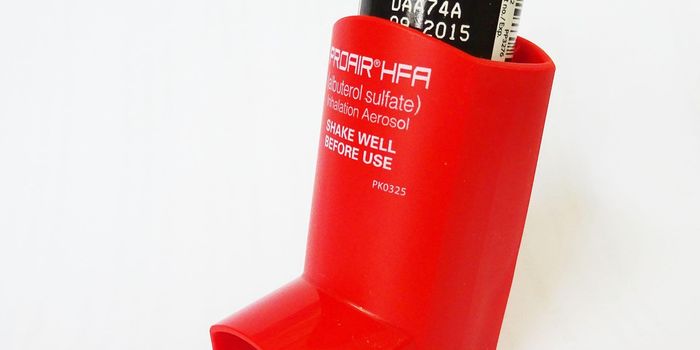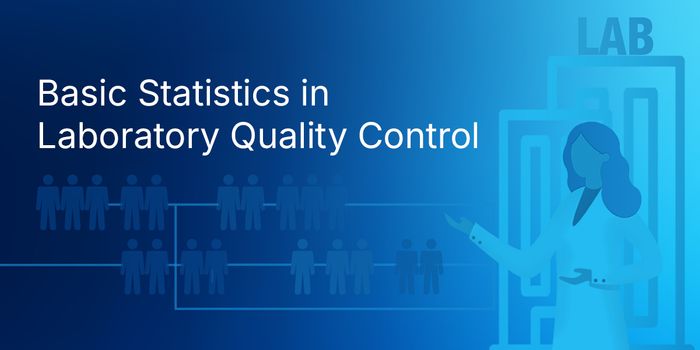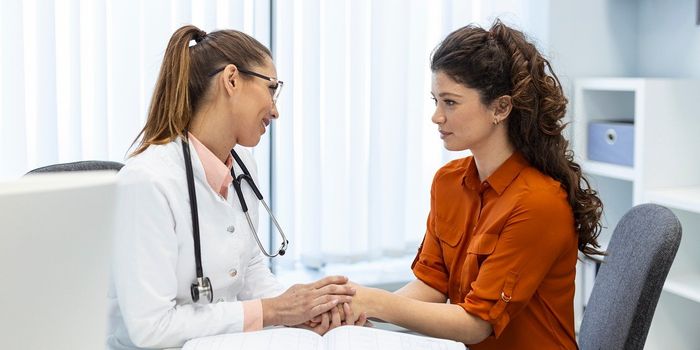Smartphone Cameras Detect Signs of Diabetes
In the future, detecting the early signs of diabetes could be as simple as picking up your smartphone. A new study, recently published in Nature Medicine, describes how UCSF researchers have identified a new “digital biomarker” and designed an algorithm that could bring pain-free, digital methods for diabetes detection straight to the palm of your hand.
Lead author and cardiologist, Robert Avram says that diabetes can be a challenge to detect clinically because symptoms can remain masked for long periods of time. "To date, noninvasive and widely-scalable tools to detect diabetes have been lacking, motivating us to develop this algorithm," said Avram.
Diabetics have high concentrations of glucose in their blood, which over time can damage blood vessels and nerves. The researchers hypothesized that physiological changes in the peripheral circulation could foreshadow the onset of diabetes. To measure circulatory aberrations, they used a simple optical technique called photoplethysmography, or PPG: a non-invasive method that measures the volume of blood circulating just below the surface of the skin.
Many commonly available devices, such as smartwatches and fitness trackers already have the technology required for acquiring PPG signals. Alternatively, turning on the flashlight and camera function on a smartphone does the same thing. Here, each heartbeat sends a flood of blood through the fingertip, which can be detected, measured, and tracked over time.
Close to 3 million of these smartphone PPG recordings were taken from a cohort of over 50,000 diabetes patients enrolled in the Health eHeart Study. This data was then fed into a deep-learning algorithm that “learned” how to interpret this PPG data.
With 1 in 10 Americans having diabetes, the importance and potential of simple, low-cost health monitoring and diagnostic tools for the disease are evident.
"The potential to transition screening that's normally done by physicians or nurses to the patient themselves through a smartphone app is a very novel concept and gives us a glimpse into how health care might work in the future," commented Avram.
Sources: Medical Xpress, Nature Medicine.









